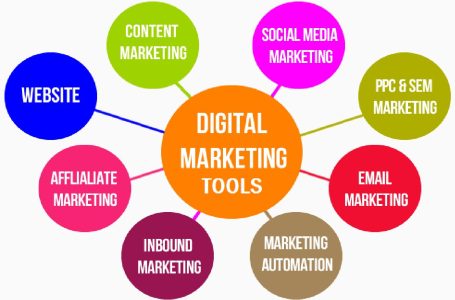Recently, technology has taken over the fashion world. Especially when it comes to e-commerce websites, these days have completely revolutionized the way we shop. Like all corporations, technology is changing business processes. The use of data analytics and artificial intelligence is becoming an efficient process. Here we have all the information to tell you how technology is becoming a massive part of the fashion world.
Impact of technology on the fashion industry
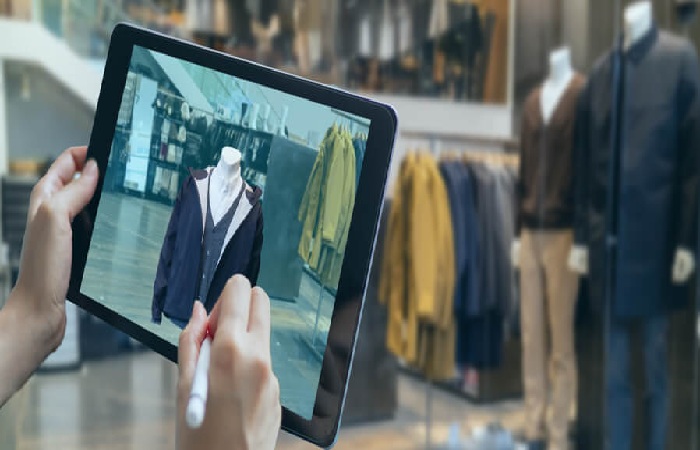
In all fairness, the impact of technology on the fashion industry is immense, and it’s hard to argue with anything. Here are some of the key ways that technology has changed, or transformed, the fashion industry.
Mobile commerce website

The fact is that internet access is available worldwide these days. Because of smartphones, you can get various coupons and promo codes for discounts on clothing lines. Social media apps and paying through digital wallets have made trendy shopping an effective way to cut search time. In addition, companies like Lifestyle can offer offers on their websites with lifestyle coupons that you can apply during the checkout process. It enables the company to provide a simple but effective method for its customers to discover and buy products—all of this with the help of your smartphone.
New materials and patterns
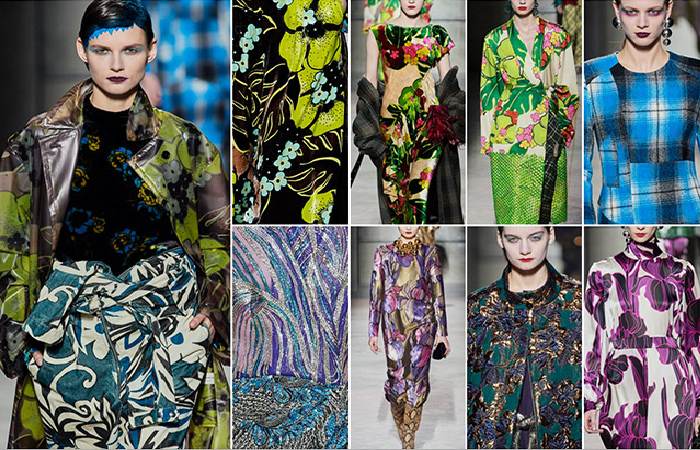
Technology has influenced how clothing was made years ago and how it is made today. Designers can use several tools to create beautiful designs with deep detail. Very sophisticated technologies uses today for the production of biotechnical materials. The material in clothing has also recently been made with the help of yeast cells.
Use of artificial intelligence (AI)
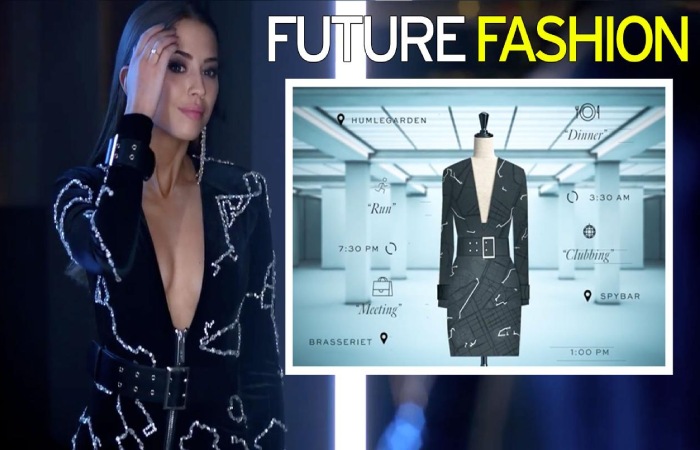
The introduction of IoT or the Internet of Things is one of the most significant technological opportunities for retail. According to a recent study, 70% of retail decision-makers worldwide are already preparing to improve the customer experience through the use of the Internet of Things. In short, this technology enables us to use the internet to interact with everyday objects. In terms of fashion, this indicates a drastic change shortly. With the help of IoT, we could soon see apparel with digital capabilities that enable communication between customers and retailers.
Vast amounts of data use in its world. Large retail companies have digitized themselves through the use of machines. Artificial intelligence using in the fashion world to collect, organize and analyze all essential data. Many companies use AI for detection. This makes shopping even more fun. There are several websites for Fashion that have great deals on their maximum fashion coupon code.
3-dimensional printing
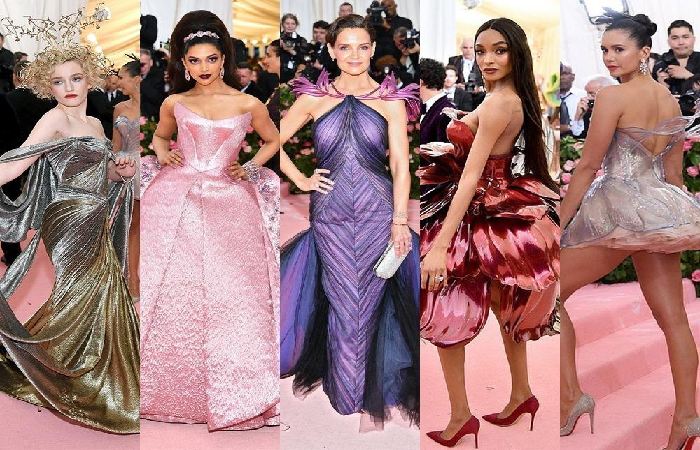
Although digital printing technology is a new phenomenon, it has already made its way into fashion. From shoes to clothing to jewelry can now make with the help of a 3D printer. On the internet, you can find stylish puppy shoes that have been carved using a 3D printer. The three-dimensional printing enables a detailed design of the product and makes it a unique masterpiece.
Laser embossed fashion
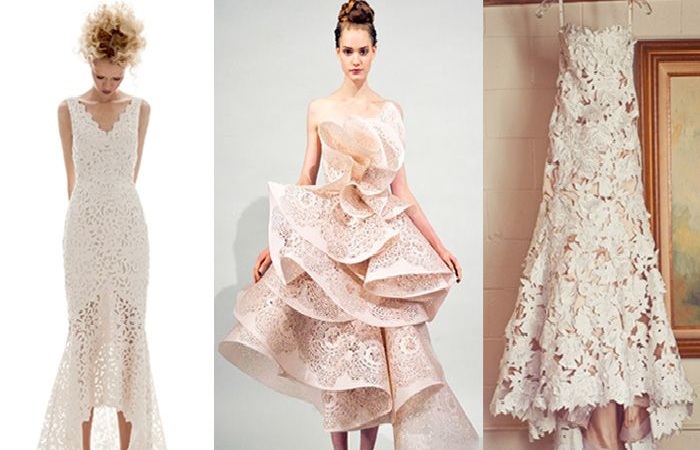
Aside from the technologies mentioned above, laser embossed fashion is a phenomenon that has been around for a while, but it is certainly worth mentioning. Prominent designers and small retailers have used laser technology in the products we see everywhere today.
The impact of technology on the fashion industry has been substantial, influencing various aspects from design and manufacturing to retail and consumer experience.
Here are some key ways in which technology has transformed the fashion industry:
Design and Creativity
Technology has revolutionized the design process, allowing fashion designers to experiment and create innovative designs. Computer-aided design (CAD) software lets designers visualize and refine their ideas digitally before production. In addition, virtual reality (VR) and augmented reality (AR) technologies offer new avenues for designing and showcasing collections, allowing for immersive experiences and virtual try-on.
Sustainable Practices
Technology has played a crucial role in promoting sustainability in the fashion industry. Advanced software and algorithms help optimize production processes, reducing waste and minimizing the environmental impact. Additionally, innovations in materials, such as recycled fabrics and bio-based textiles, are being developed with technology, fostering eco-friendly practices.
Manufacturing and Production
Automation and robotics have transformed the manufacturing process in the fashion industry. Computer numerical control (CNC) machines and 3D printing allow precise and efficient production of garments and accessories. It speeds up manufacturing, offers customization options, and reduces reliance on traditional manual labor.
E-commerce and Retail
Technology has reshaped the retail landscape, enabling online shopping and personalized experiences. E-commerce platforms and mobile apps have made fashion accessible to a global audience, providing convenience and expanding market reach for brands. In addition, virtual shopping experiences, such as virtual showrooms and digital try-on tools, enhance the online shopping experience and bridge the gap between physical and digital retail.
Data Analytics and Personalization
Technology has facilitated the collecting and analyzing of vast amounts of data, providing valuable insights into consumer preferences and behavior. Brands can utilize this data to personalize marketing strategies, offer targeted recommendations, and create personalized shopping experiences. For example, AI-powered chatbots and virtual stylists help customers find suitable products and provide customized fashion advice.
Supply Chain and Transparency
Blockchain technology can potentially enhance transparency and traceability in the fashion supply chain. It enables consumers to track the origins of materials, verify authenticity, and ensure ethical practices. In addition, it fosters a greater sense of trust and accountability in the industry.
Influencer Marketing and Social Media
Technology, mainly social media platforms, has transformed how fashion is promoted and marketed. Influencer marketing has gained prominence, with influencers showcasing fashion trends, collaborating with brands, and driving consumer engagement. Social media platforms also serve for direct communication between brands and consumers, facilitating feedback and building brand loyalty.
Technology has brought about significant advancements and transformations in the fashion industry, impacting design, manufacturing, retail, and consumer experiences. By embracing these technological advancements, the industry can continue to evolve, adapt to changing consumer needs, and create innovative and sustainable fashion solutions.
Conclusion:
Technology and fashion are commonly perceived as two completely different areas. However, the influence of technology on the fashion world is undeniable. In the past few years, various technological innovations have dominated the fashion industry. Like any other industry, technology has changed the way fashion companies work today.
The advent of the online fashion boutique concept has allowed companies to expand their reach significantly. Likewise, artificial intelligence, data analysis, and various other technological tools have made companies more efficient.
In all fairness, the impact of technology on the fashion industry is immense, and it’s hard to argue with anything.
Ultimately, Tech Support Reviews believes the fashion industry has always remained fast-paced. The digital age has also contributed to this. The changes have also been carried over to marketing, design, production, and sales.




